Our online store is now closed, however, click here to find out how to buy Numnuts products. Thank you for your continued support.
After years of drought, the Patersons at Kaloola Station decided to destock their merinos and start over with a meat breed. While they were at it, they set up as an organic meat producer.
Owners: Clare & David Paterson
Location: 100 km south of Longreach, western Queensland
Property size: 41,682 hectares across four properties
Flock Size: 7000 breeding ewes. With lambs, up to 12,000 head.
Climate: Mid-latitude steppe and desert
Rainfall: 345 mm annual average
Vegetation: Mitchell grass downs and gidgee low woodlands and shrubs
Sheep Flock: White Dorper ewes bred with Australian White (Tattykeel) rams. Retained White Dorper x Australian White breeding ewes.
Meat: Lamb sold via an organic meat export company, or weaners sold online via AuctionPlus
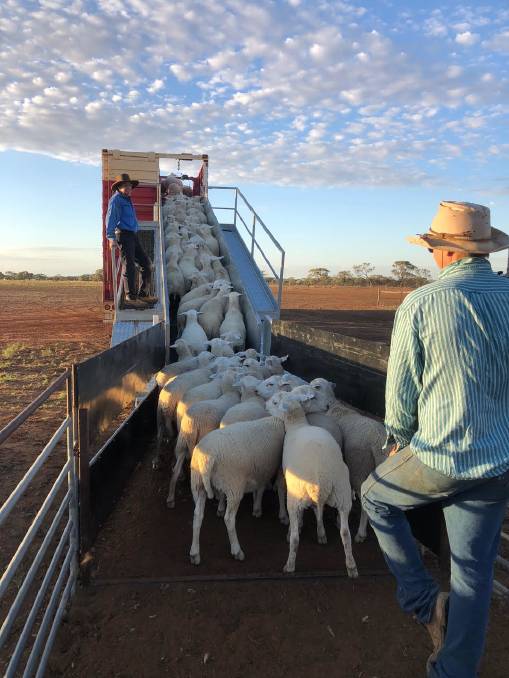
A combination of drought and wild dog incursion led to major changes at Kaloola Station, where Clare and David Paterson successfully switched from Merinos to meat sheep with organic certification.
In 2016, drought affected this corner of Western Queensland so badly that the only option was to destock completely. Looking forward in a time of adversity, the Patersons used the downtime to build wild dog exclusion fences while reviewing their business options.
A sluggish wool market and the ever increasing costs of feed convinced them to change over to sheep that could handle the local conditions. They settled on White Dorpers, a fast-growing, meat producing breed originally from South Africa. Australian White rams were added for a calming effect.
These hardy animals were content to browse and eat the gidgee, while successfully mothering twins and even triplets. Buying cotton seed to get the flock through the later part of the year became a thing of the past.
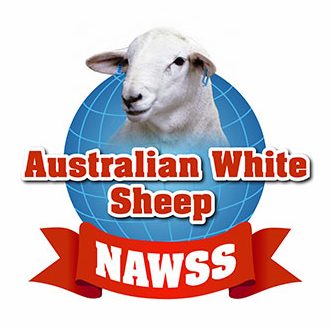
"We can't change the climate, so we had to change the stock."
Clare Paterson
Owner
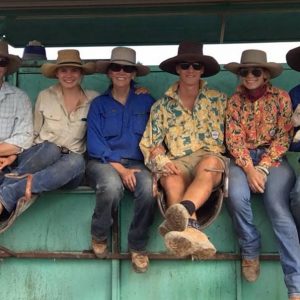
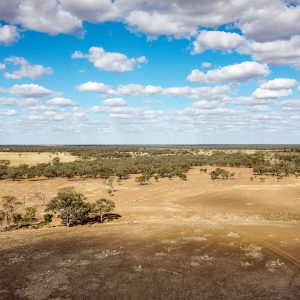
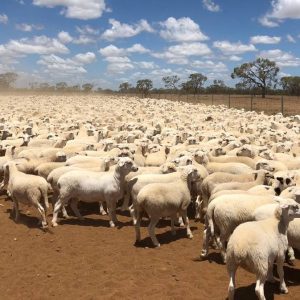
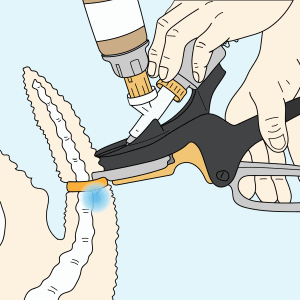
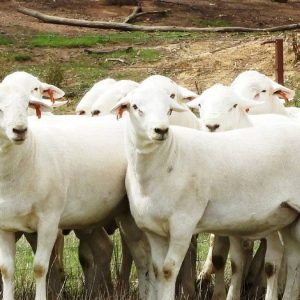
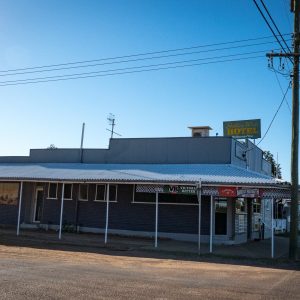
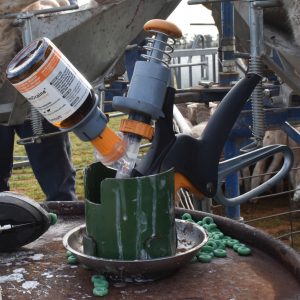
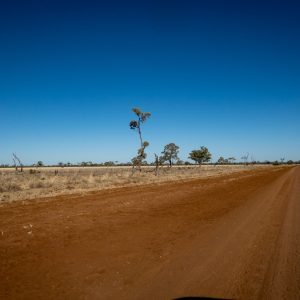
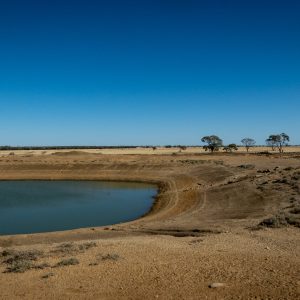
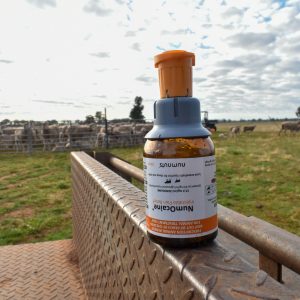
The three year break had an incidental benefit: with no chemicals having been used on the land or animals during this period, the farm was well on the way to meeting requirements for organic certification. After applying and being successfully audited, the Patersons started selling lamb through an organic meat company.
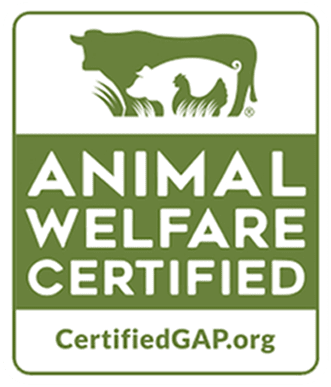
Selling via a meat company led to a further opportunity: access to the US export market by becoming certified with the Global Animal Partnership (GAP 4).
This requires that lambs receive anaesthetic during painful husbandry procedures. NumOcaine was already formally approved as a lidocaine anaesthetic, so two Numnuts devices and 15,000 doses were ordered by Kaloola Station.
“It wasn’t just a matter of ticking boxes though,” says David. “We had to get a written endorsement from our vet for our organic certifier’s approval, before we could use NumOcaine as a welfare measure under this scheme.”
In 2019, the Patersons completed their first season with Numnuts, having applied one ring to each of their 10,000 lambs: docking tails of breeding ewes and castrating wethers.
David says that they noticed immediate improvements in their flock’s behaviour after marking, with lambs recovering quickly and mothering up taking far less time.
Currently in the run-up to their third season marking lambs with Numnuts, David explains that the device is now a permanent aspect of their husbandry approach.
“If for some reason we changed any management practices, we would continue using Numnuts as best practice.”
“Without pain relief, we’d be seeing heaps of lambs in pain in a corner. There’s none of that now. We see very little mismothering when they’re returned to a yard of 1000 ewes, and walking the mob back to the paddock is now so easy to do.”
David Paterson
Owner
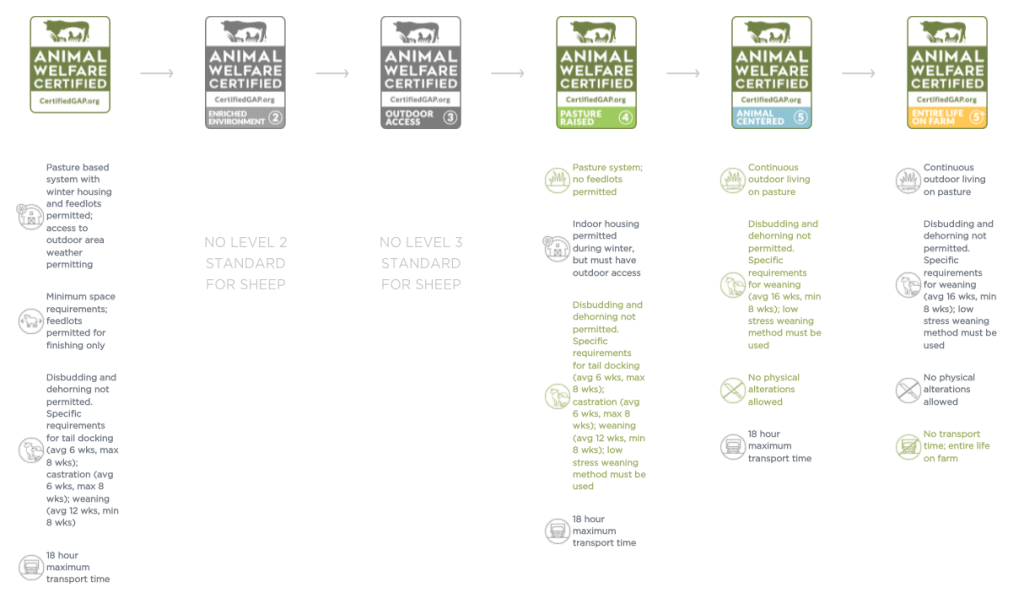
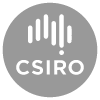
Validated by CSIRO

Developed in collaboration with Meat & Livestock Australia Limited ABN 39 081 678

Developed with funding from the AWI
Dechra Veterinary Products (Australia) Pty Ltd
2 Cal Close
Somersby NSW 2250
Australia
ACN: 614 716 700
ABN: 58 614 716 700
Tel: +61 2 4372 1661
E: [email protected]
W: www.dechra.com.au
Register My Interest and Become Eligible to Distribute NumOcaine